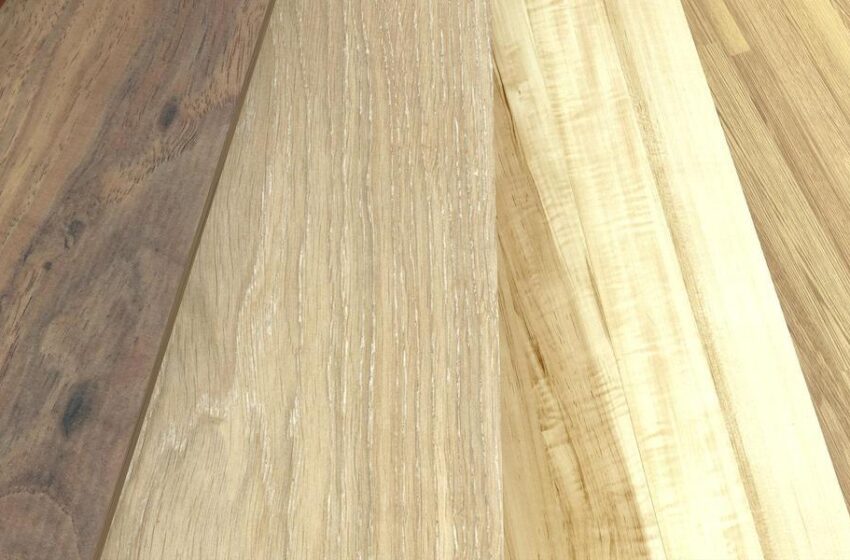Is it suitable to install PVC floorings in factories, schools, and restaurants?

PVC (polyvinyl chloride) flooring is a type of synthetic flooring that is widely used in commercial and industrial settings due to its durability, low cost, and easy maintenance. It is available in a wide range of designs and colors, making it a popular choice for various applications, including factories, schools, and restaurants. In this response, we will explore the suitability of PVC floorings in these settings and their pros and cons.
Factories: Factories are busy and high-traffic environments where heavy machinery, equipment, and foot traffic are common. PVC flooring is an excellent option for factories as it is durable and can withstand heavy wear and tear. It is also slip-resistant, making it a safe option for workers, even in wet conditions. Additionally, PVC flooring is easy to clean, which is important in an industrial setting where spills and stains are inevitable. However, in areas where the floors may be exposed to chemicals, it’s essential to choose PVC flooring that is resistant to the specific chemicals used in the factory to avoid deterioration.
Schools: Schools are another environment where PVC flooring can be a suitable option. Due to its wide range of colors and patterns, PVC flooring can create an engaging and comfortable environment for students, which is crucial for a productive learning atmosphere. It is also durable, making it ideal for high traffic areas such as hallways and classrooms. Additionally, PVC flooring is low maintenance and easy to clean, which can save time and money in the long run. However, some schools may prefer alternative options, such as natural materials, due to concerns about the safety of chemicals and emissions from PVC flooring.
Restaurants: Restaurants require flooring that is easy to clean, slip-resistant, and hygienic. PVC flooring is an excellent option for restaurants as it meets these criteria. It is waterproof and can withstand spills and stains, making it easy to clean and maintain. Additionally, PVC flooring is slip-resistant, which is essential in a restaurant setting where spills can create hazards. However, in areas where high temperatures are present, PVC flooring may not be the best option as it can warp or discolor. Also, some restaurants may prefer other options such as tile or stone floors to create a more upscale atmosphere.
In conclusion, PVC flooring can be a suitable option for various commercial and industrial settings such as factories, schools, and restaurants. Its durability, low cost, and easy maintenance make it an attractive option for these environments. However, it is important to consider the specific needs of each setting to determine if PVC flooring is the best option. Factors such as exposure to chemicals or high temperatures may impact its suitability. It is also essential to choose high-quality PVC flooring that meets safety and environmental standards to ensure a safe and healthy environment.
